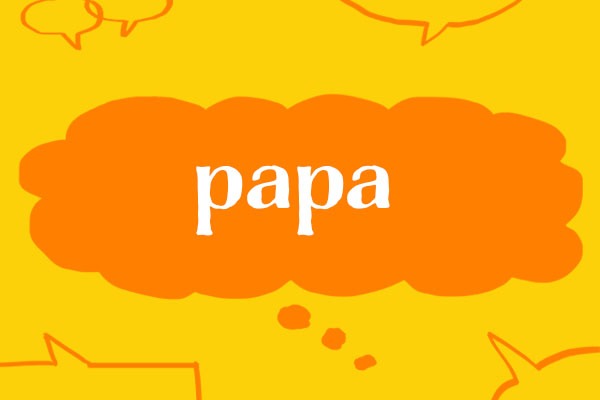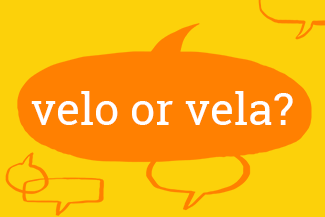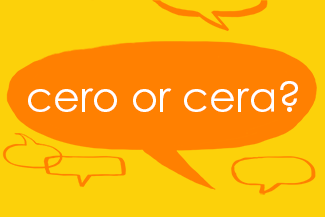In another of our blog posts on Spanish nouns that can be either masculine or feminine depending on meaning we look at papa.
You can listen to the pronunciation of papa in the audio clip below:
When it’s feminine, the commonest meaning of papa is potato. It’s used much more in Latin America than in Spain, where patata is the standard word.
Agregar las papas y la sal y echar la mezcla en una sartén.
Add the potatoes and the salt, and pour the mixture into a frying pan.
Estaba comiendo salchichas con papas hervidas.
She was eating sausages and boiled potatoes.
Vamos a plantar unas papas en el jardín.
We’re going to plant some potatoes in the garden.
bistec con papas fritas
steak and chips or French fries (literally: fried potatoes)
tres bolsas de papas fritas
three bags of potato crisps OR chips
El papa (masculine) is the pope, the head of the Roman Catholic Church. He is considered by Catholics as the successor to san Pedro (Saint Peter):
el nuevo papa
the new pope
la segunda visita del papa Juan Pablo II a su Polonia natal
the second visit by Pope John Paul II to his native Poland
el cónclave que eligió a este papa
the conclave which elected this pope
If you’re wondering how you’d refer to Pope Joan, the probably mythical female pope of the 9th century AD, it’s la papisa Juana.
Papa (masculine) is sometimes used by young children to mean daddy. This is very informal.
Papa, quiero un helado.
Daddy, I want an ice cream.
The standard Spanish term for dad is papá (with an accent). It is informal and can be used by both adults and children, although in Spain, it is usually only used:
- as a form of address:
Papá, te ha llamado Fernando.
Dad, Fernando called.
- conversationally between family members (or children) as a name referring to one’s dad:
Papá ha dicho que no viene a cenar.
Dad said he wasn’t coming to dinner.
- when talking to a young child about their father:
No te preocupes. Papá volverá pronto.
Don’t worry. Dad will be back soon.
Otherwise, in adult conversation, padre is used:
No llegué a conocer a mi padre.
I didn’t get to know my father or my dad.
To read about other nouns whose gender varies according to sense, come back next week.



